NIKE JOURNAL
Earth is stubborn, but so are we.
Nike has always been about the Athlete within us all. But, we’ve only ever seen the Tigers and Kobes and Serenas. We created the pilot episodes of Moving Mountains, an editorial franchise dedicated to the Athlete, not the elite one whose name we all know, but the heroic everyday athlete, pushing the boundaries of what we think is humanly possible.
We shaped the platform from title cards to aspect ratio, opting for a 4:3 to portray our subject, not the landscape they live in. I also wrote the companion essays featured on Nike.com with my personal byline.
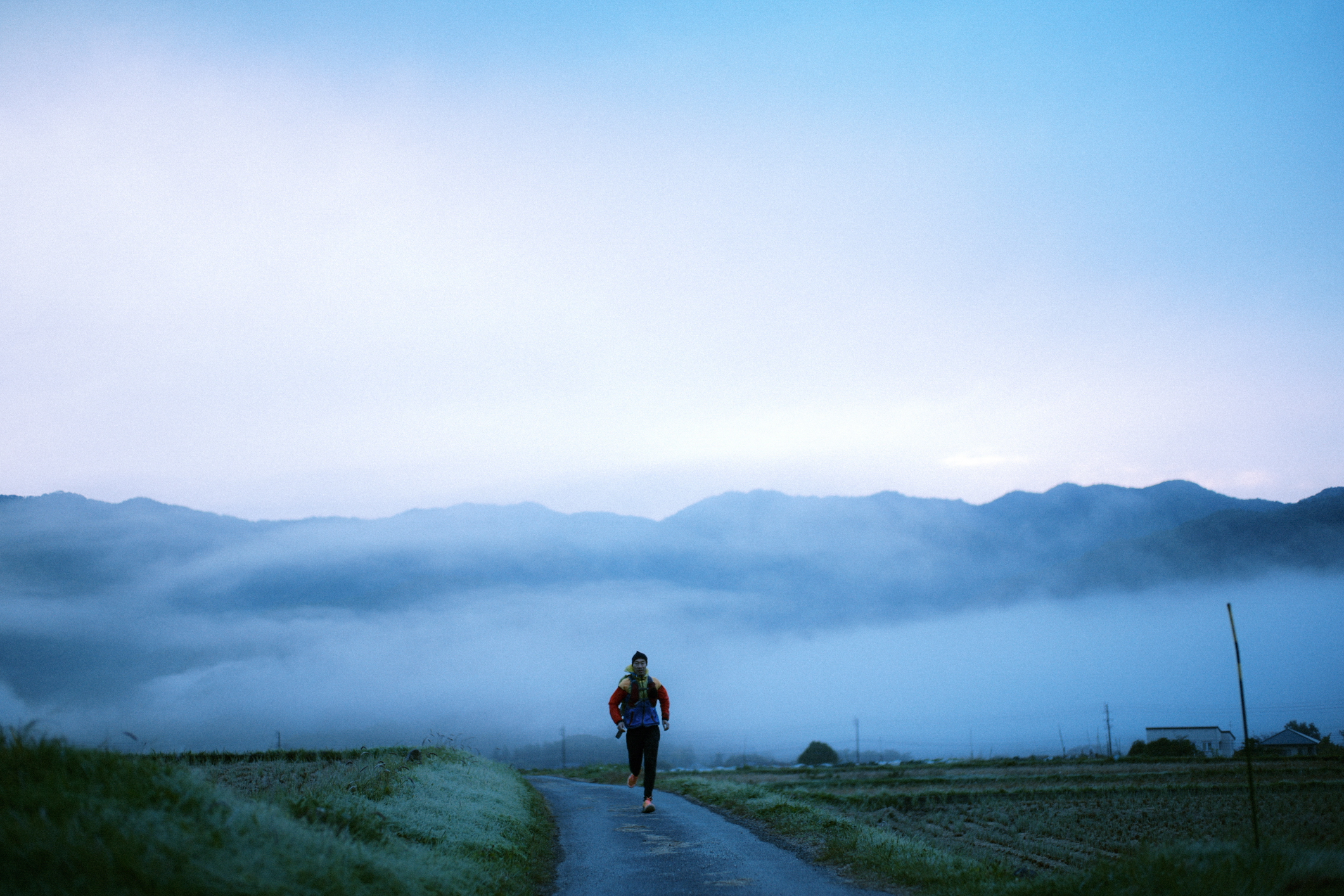
EPISODE 1: YUKAI SHIMUZI / NAGANO, JAPAN
On the Mountain Trails of Japan, a Buddhist Monk Runs Toward Clarity
The act of running, since the beginning of time, has remained unchanged. As our bi-pedal hominid ancestors did -- so do we today. What has changed, are the reasons we run. What started out as a physical necessity to escape predators or cover ground quicker, has evolved into more of a mental and personal challenge. We run to stay active. We run to keep our mind right. To compete against one another. To compete against ourselves.
Yukaio Shimizu has been running for decades. He takes a gentle, yet aggressive gait through the city street of Nagano. He smiles at people that he passes by. They smile back, and he moves one foot over the other, like they did thousands of years ago through the ancient city. “I started running when I was in my thirties, and I think the general idea has not changed.”
For the people who see Yukai in the neighborhood they know him as two things. As the friendly runner who greets them every morning and a monk at the Zenkoji Temple. His father was a monk, as his father was before him. He had other plans as a twenty-two-year old, but it was failure that detoured him into the life he lives today.
Yukai’s reason for running are simple. “I’m not trying to overcome difficulties. I’m trying to reset. I use it as a time for me to think rationally.” He treats his duties at the temple like a privilege. The people that he sees when he’s running, those are the people who come to see him at the temple. In order to help them, he needs to be the best version of himself. He runs to enrich his heart so he can enrich others. “Some carry problems that are difficult to resolve, If my heart is fulfilled, I can provide them the opportunity to accept their own grief, or face their own difficulties.”
Yukai’s reason for running are simple. “I’m not trying to overcome difficulties. I’m trying to reset. I use it as a time for me to think rationally.” He treats his duties at the temple like a privilege. The people that he sees when he’s running, those are the people who come to see him at the temple. In order to help them, he needs to be the best version of himself. He runs to enrich his heart so he can enrich others. “Some carry problems that are difficult to resolve, If my heart is fulfilled, I can provide them the opportunity to accept their own grief, or face their own difficulties.”
For a monk whose life is mostly selfless, he also runs as a small, but necessary form of leisure. His route, subjectively one of the most picturesque in the world, makes his everyday something of a dream to everyone else. The mountains of Nagano, stunning. Every single time he reaches the summit of his run he lets himself become awed by it’s grandness. “By running, I get to see the most beautiful scenery in the world and eat the most delicious food in the world.”
With a smile, Yukai continues to run everyday. He does it so he can be focused on the things that matter to him most. His duty to the people at his temple. The example he sets in the community.
He also runs, simply to earn the things that he likes to do the most. Spend time with his family. Drink a beer and watch a game. To be a light in the world. “Even to people who do not run. If I enrich my heart, I can be the light that makes others shine.”
With a smile, Yukai continues to run everyday. He does it so he can be focused on the things that matter to him most. His duty to the people at his temple. The example he sets in the community.
He also runs, simply to earn the things that he likes to do the most. Spend time with his family. Drink a beer and watch a game. To be a light in the world. “Even to people who do not run. If I enrich my heart, I can be the light that makes others shine.”

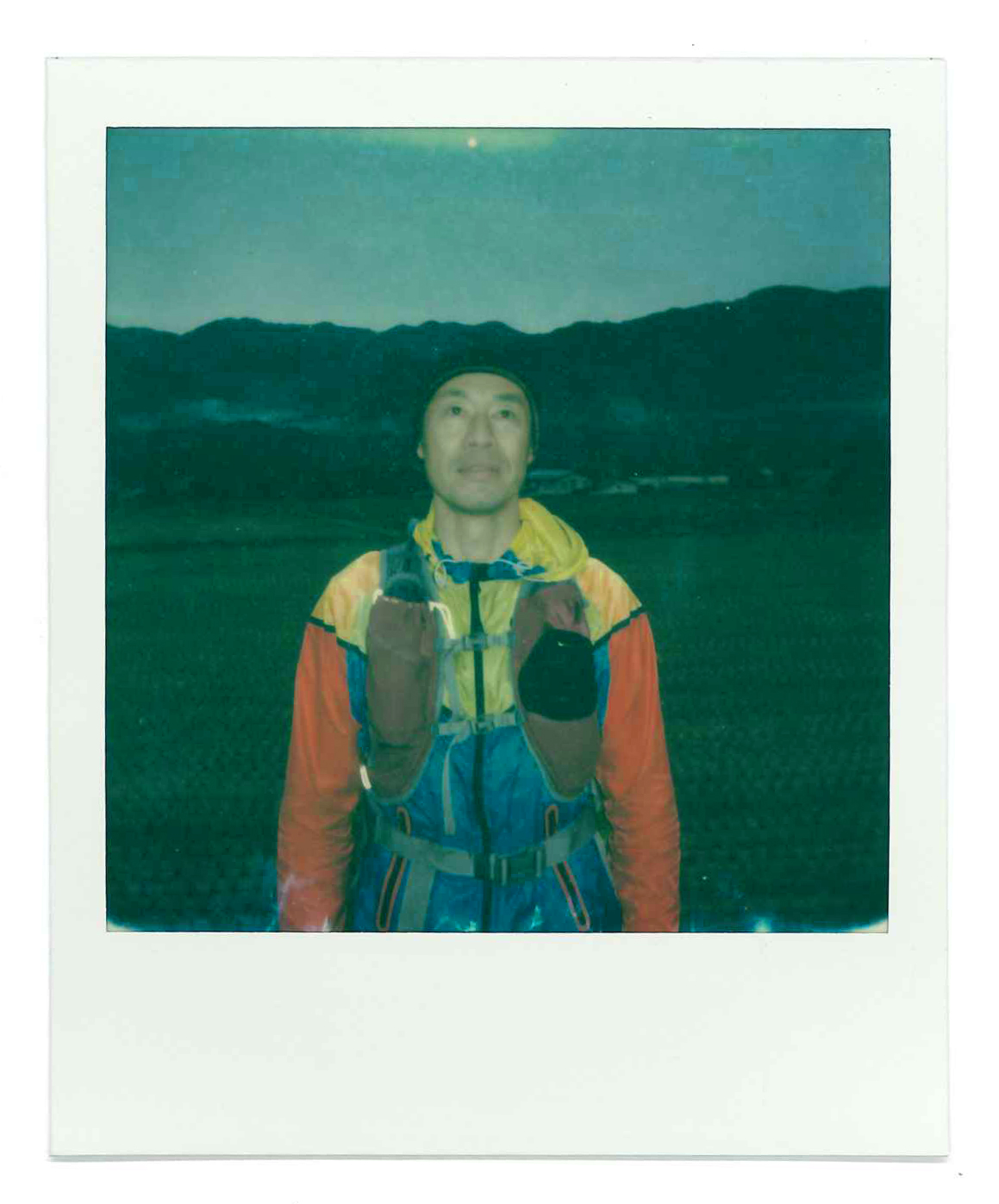
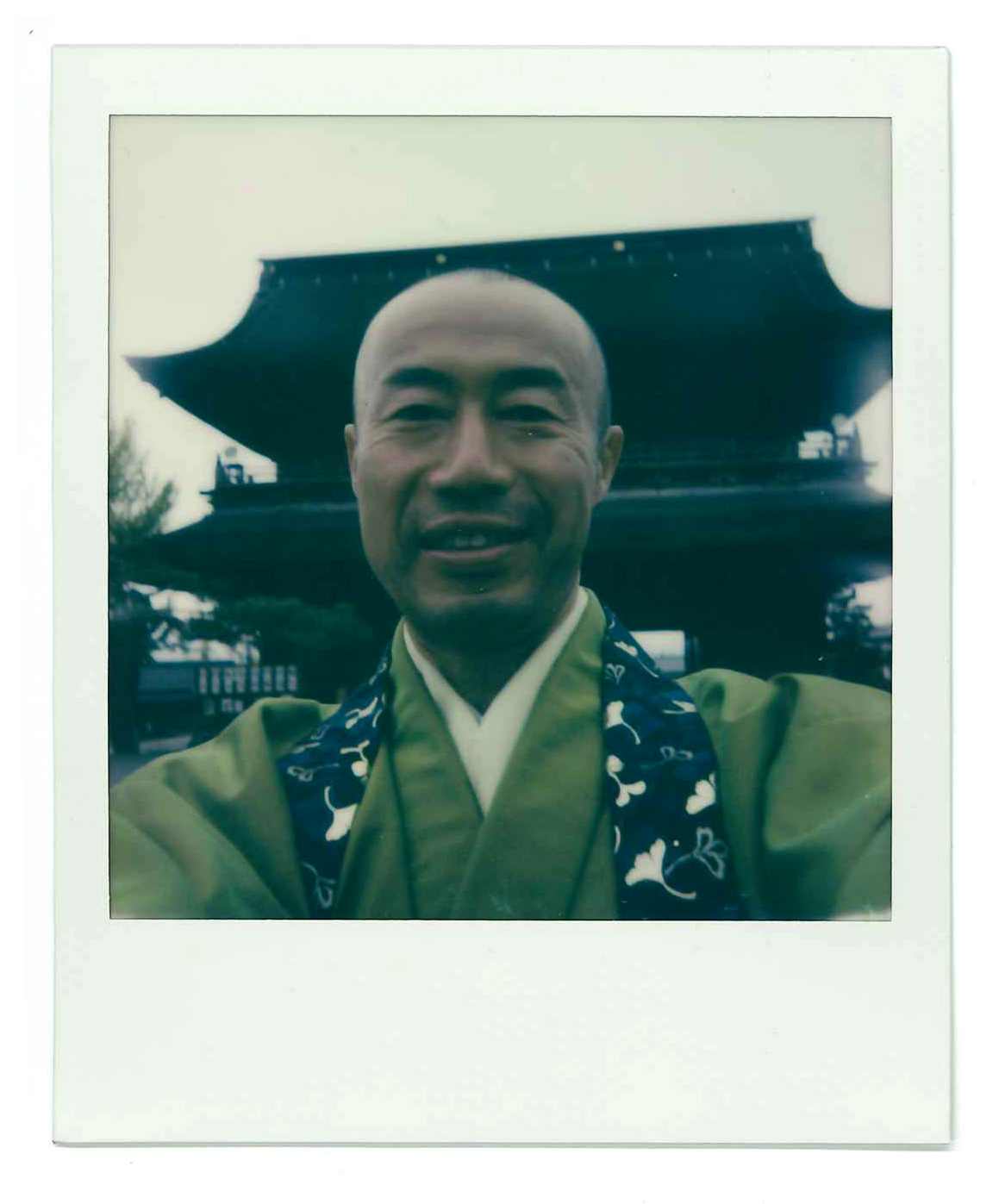
EPISODE 2: CARLOS BROWN / DALLAS, TEXAS
A Life-Changing Injury Helped This Golf Pro Discover Strength in Loss
Anyone who has played golf can attest to its volatility. A shifting breeze switches directions at the last moment. A bad bounce, kicks your ball into the woods. A wink, a curse from the gods, a curse out of your mouth, and you watch, from just far enough, your ball trickling slowly toward the lake. Carlos Brown walks the ninth green at Hackberry Creek Country Club. “Left to right, but it straightens out at the end of the putt,” he says, while standing straight up, his two legs equally pulling the Earth and the weight on his shoulders together. A suspension bridge. Carlos doesn’t need to read the greens with his eyes. He can read them with his body.
In 2016, Carlos was playing a normal round of golf. He stepped off the cart into, what was shrouded in grass, a deep sprinkler head. The weight of his body collapsed into the hole, and he suffered a sprained ankle. He continued to play on it. His chase for a number, too great. He continued to walk on it, swing on it, and teach on it. Eventually, his body rejected the lifestyle. An infection set in, and a 90% chance of keeping his leg, fell on the improbable side. From the knee down, Carlos became an amputee.
As a Black golf professional, he was already in the minority. Now as a Black amputee, he’s an outlier. Everything became existentially difficult. Getting dressed. Walking to the tee box. Stairs. Approach shots. Driving to the store. Standing up. But there was never a time between losing his leg and today, where he thought that he wouldn’t golf. In fact, it was never even entertained. The procedure became cathartic. Instead of loss, it was a gain. Perhaps hindsight, but he refers to a war metaphor, “I came out of war, losing only my leg and not my life.”
Back on the green, he surveys an eight foot putt for par. Professionals sink these about 50% of the time. “I automatically feel it because I can feel myself off. Even if it's slight, I know that it is, so that actually helps me.” When he teaches the game, something he’s been doing for twenty years, he preaches that the golf course is an uncontrollable environment. The range, the practice greens, those are semi-controlled. You create the variability, and if you don’t like your lie, you can move it, without consequence. But in life, just like the course, is out of your control.
Carlos laughs at his approach shot that got him to this point. He says reacting to bad golf shots is an adult temper tantrum. You have no idea how to articulate the frustration you have with the circumstances you’ve been given. Gently, he uses this metaphor on the golf course and in life. In this case, a sliced tee shot, into the woods. Pre-amputation Carlos would have reacted completely differently. But, his circumstances, and his lie are things he knows, for a fact, that he cannot change. This brings him peace.
His third shot, deep in the rough, on a slight slope takes away the angle that he’s comfortable with. His prosthetic, his souvenir for defeating Goliath, was actually designed by a golfer, for golf. It connects him to the Earth, in a different way than most golfers. Because most players take their body for granted, his leg acts as an extension, a conduit to feel things the rest of us can’t. He knows that he’ll likely pull this shot off balance, but it’s something he’s not only physically prepared himself for -- but mentally as well.
Carlos laughs at his approach shot that got him to this point. He says reacting to bad golf shots is an adult temper tantrum. You have no idea how to articulate the frustration you have with the circumstances you’ve been given. Gently, he uses this metaphor on the golf course and in life. In this case, a sliced tee shot, into the woods. Pre-amputation Carlos would have reacted completely differently. But, his circumstances, and his lie are things he knows, for a fact, that he cannot change. This brings him peace.
His third shot, deep in the rough, on a slight slope takes away the angle that he’s comfortable with. His prosthetic, his souvenir for defeating Goliath, was actually designed by a golfer, for golf. It connects him to the Earth, in a different way than most golfers. Because most players take their body for granted, his leg acts as an extension, a conduit to feel things the rest of us can’t. He knows that he’ll likely pull this shot off balance, but it’s something he’s not only physically prepared himself for -- but mentally as well.
He opens his stance, and puts the requisite in-to-out swing on plane -- instead shooting straight like you’d imagine, it hooks, almost violently, completely taking the water out of play and back dooring itself onto the green rolling to about eight feet from the hole. Carlos cracks a giant smile. Almost as if he botched his second shot on purpose, so he could show off this magnificent recovery.
Carlos never set out to be a beacon of hope for anyone. But when the uncontrollable happened, he had to quickly adapt to his new reality. He attributes it to a couple things. One, his faith. It’s what keeps him grounded and allowed him to quickly put his new circumstance into perspective and the second is his support system, the people who were at his side when he woke up in the hospital. He says that support system is what he wants to be for other people in the same situation. If a kid that is an amputee sees me, then he goes, "Hey, you know what, I can be a golf professional. I can play golf, I can play competitive golf."
He stands over his putt. “We can only control our personal world, but we can't control the world that's around - the bigger world that's around us.” He strikes it and follows exactly the line that Carlos felt with his body, an entire lifetime, probably more, of wisdom and experience. He smiles and walks toward the hole. Golf, like life, is a volatile game but sometimes you can bend your circumstances and will them into your favor.
Carlos never set out to be a beacon of hope for anyone. But when the uncontrollable happened, he had to quickly adapt to his new reality. He attributes it to a couple things. One, his faith. It’s what keeps him grounded and allowed him to quickly put his new circumstance into perspective and the second is his support system, the people who were at his side when he woke up in the hospital. He says that support system is what he wants to be for other people in the same situation. If a kid that is an amputee sees me, then he goes, "Hey, you know what, I can be a golf professional. I can play golf, I can play competitive golf."
He stands over his putt. “We can only control our personal world, but we can't control the world that's around - the bigger world that's around us.” He strikes it and follows exactly the line that Carlos felt with his body, an entire lifetime, probably more, of wisdom and experience. He smiles and walks toward the hole. Golf, like life, is a volatile game but sometimes you can bend your circumstances and will them into your favor.
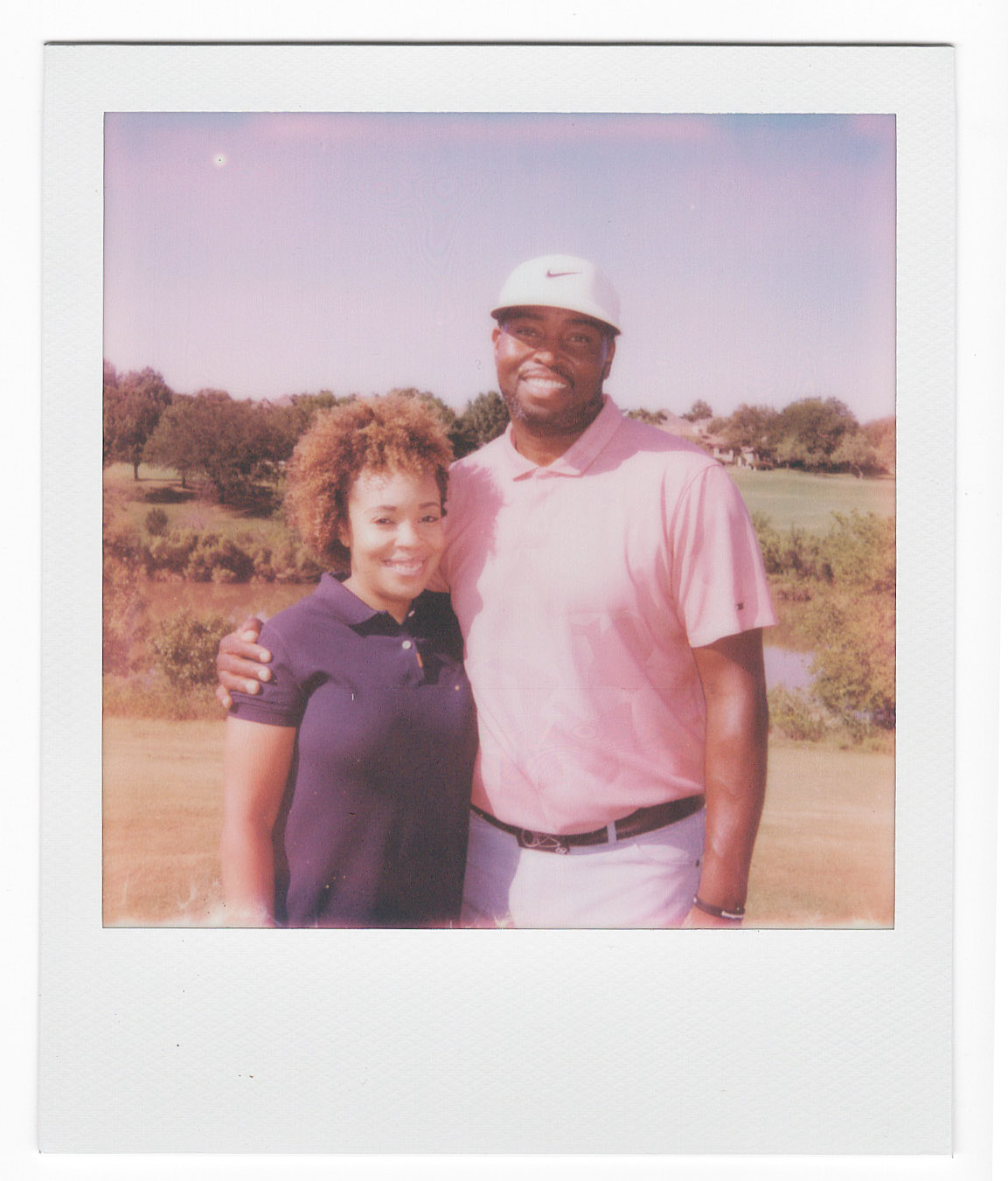
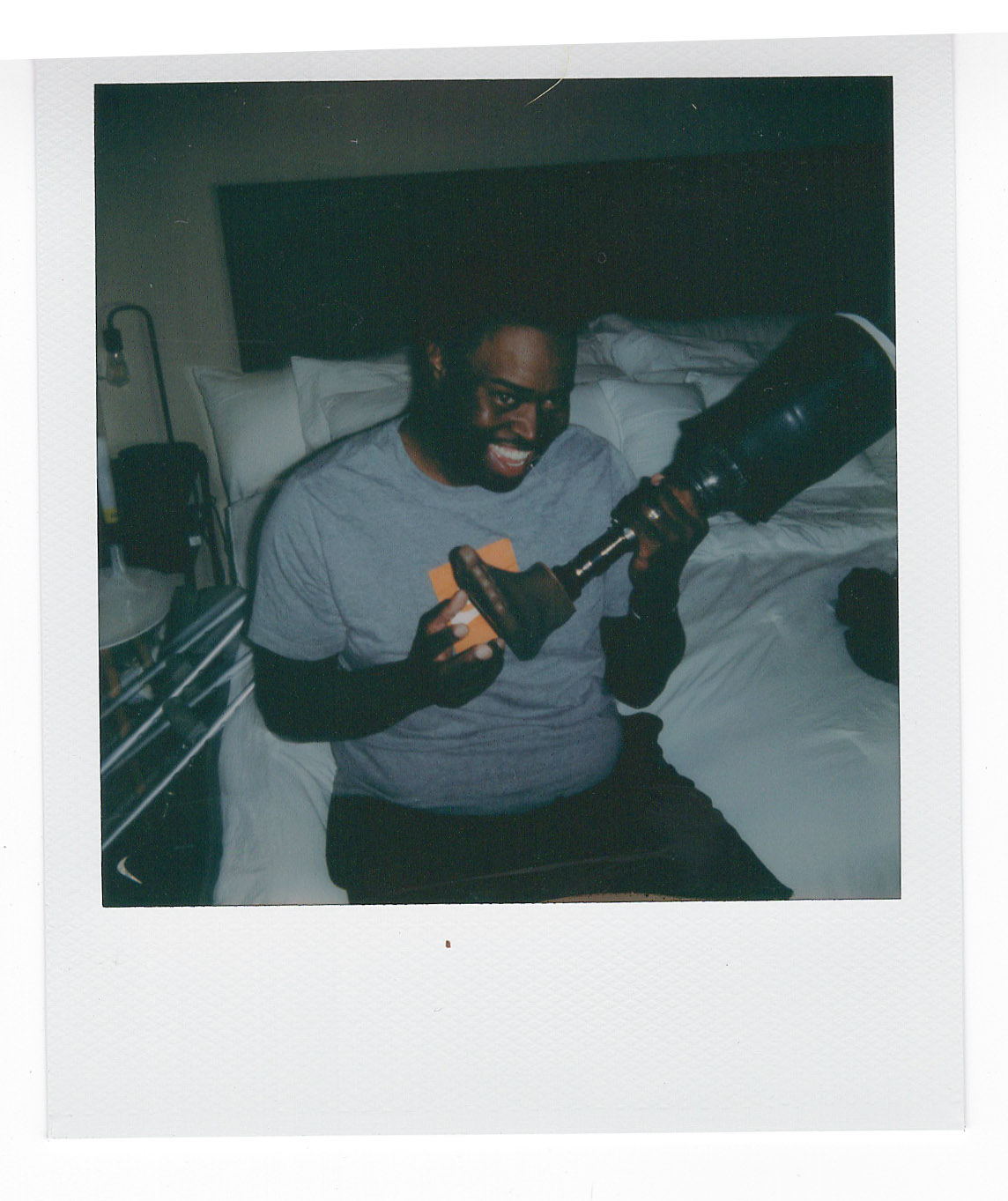

//
Partner: Dylan Simel
Created with Revery
